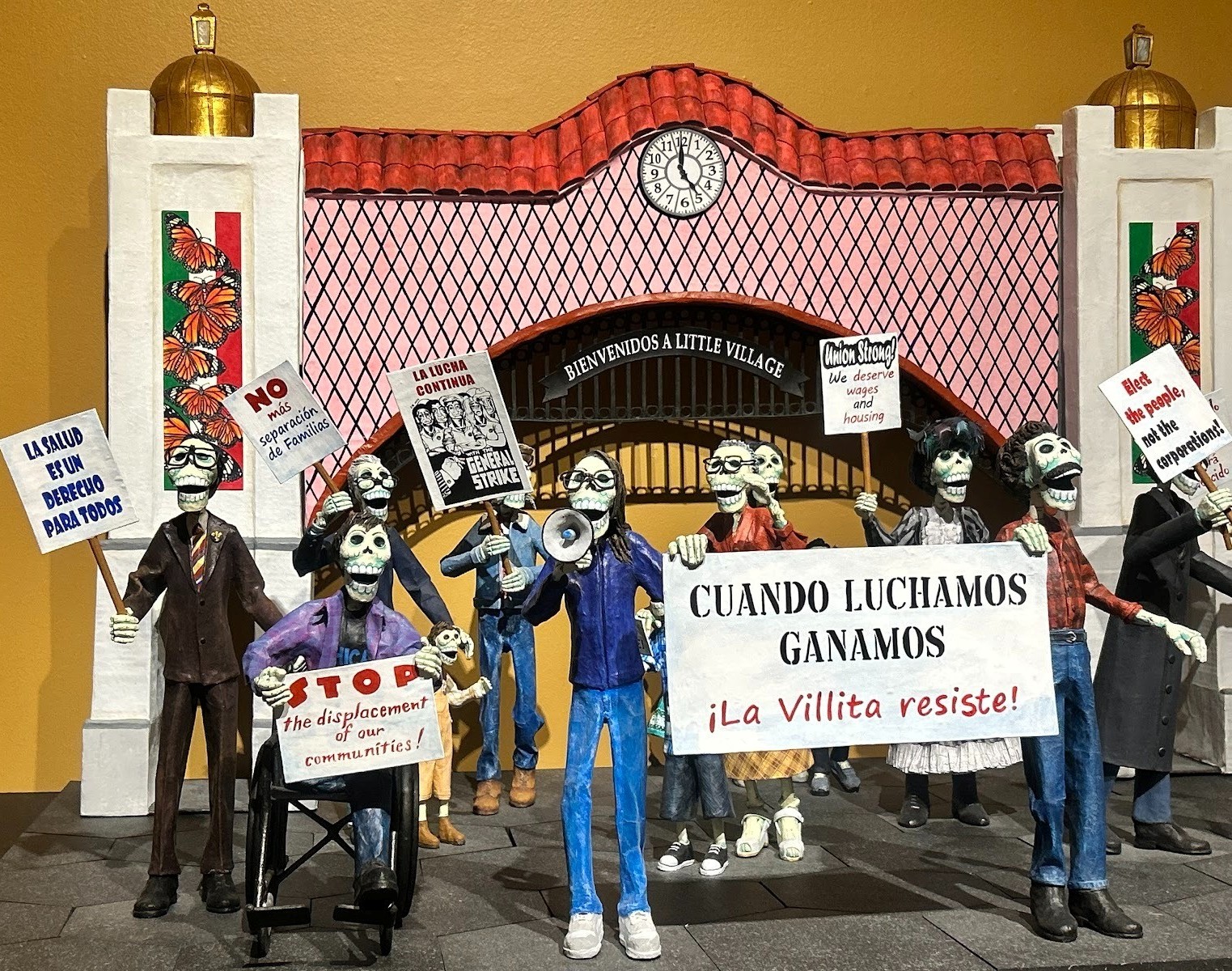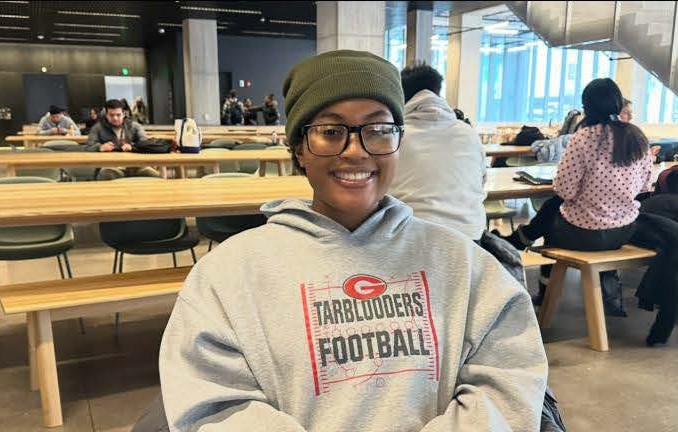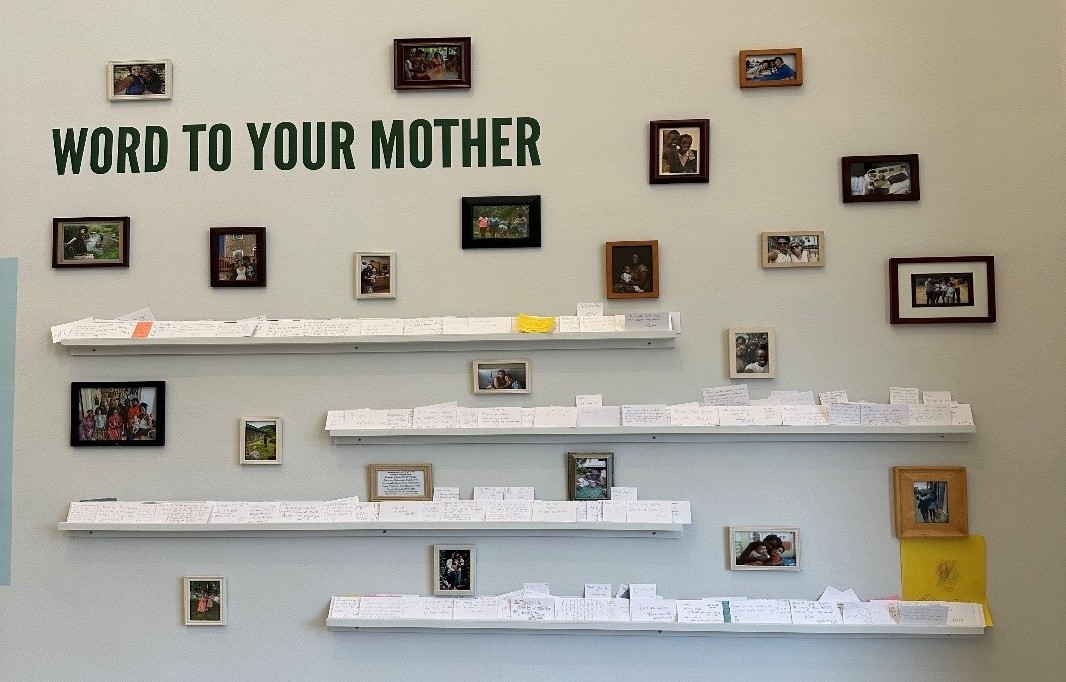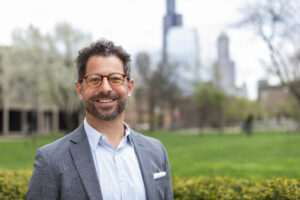After travelling 16 days with little food and water, they made it to America. In 1981, they moved to Chicago’s Logan Square community where, at the age of 12, Robinson joined a gang called “The Maniac Latin Disciples.”
“I joined the gang because I wanted to be a part of something,” said Robinson, now 30.
Robinson, who has since turned his life around, has an expired permanent resident visa. But he still has a narcotics felony on his record from his past gang activities – and he fears being deported. Besides being in America since he was a child, he has two children of his own, two daughters.
“My life is here. I don’t want to be deported,” said Robinson.
Ex-members and current gang members are now the target of immigration officials under a new comprehensive national law enforcement operation led by federal agents and officers of the Department of Homeland Security.
U.S. Immigration and Customs Enforcement, known as ICE, recently arrested 1, 313 violent street gang members, associates and illegal aliens in 19 states and in 23 cities, including Chicago, in an effort to deport illegal gang members like Robinson.
“We have learned that these are extremely violent foreign-born gang members,” said Gail Montenegro, spokesperson for ICE in Chicago.
The arrests are the result of “Operation Community Shield,” launched by ICE in 2005 to disrupt and dismantle transnational violent street gangs. Since it began, agents have arrested a total of 7,655 street gang members and associates from more than 700 different gangs, according to public information records at ICE.
“The majority of them arrested have criminal records and have notoriously violent criminal histories,” Montenegro said. “Most of them were covered with [gang] tattoos.”
Initially, ICE agents focused on transnational gangs like the MS 13 gang, which is rampant in Mexico and parts of Central America, Montenegro said. Other target gangs included Surenos-13, 18th Street Gang, Latin Kings, Blood, Crips and Vatos Locos.
“(In Mexico) gangs are a lot different from gangs here. They are a lot more radical,” said Major-Emanuel Seay, associate executive director at the YMCA street intervention program in Chicago’s Little Village community. He said those gangs are driven more by social political issues.
“In the United States, people usually join gangs for survival but over there it’s more about protecting yourself from the government,” Seay said. “In some places they have government hit squads.”
Seay and his boss, Kenny Ruiz, the executive director for the YMCA’s street intervention program, both have experience working with members of transnational gangs in the Hispanic community.
“Trying to work with gang-bangers who are illegal immigrants heightens the complexity of the matter,” said Ruiz.
Tara Tidwell, spokeswoman for the National Immigrant Justice Center, said ICE is targeting gang members who are no longer active.
“I think the problem with ICE is that they are not only arresting gang members, but also people who have changed,” said Tidwell.
For the past 38 years, Ruiz has dedicated his life to reduce community violence in gangs through prevention, intervention, gang mediation and case management. Seay and Ruiz have worked with Robinson at the YMCA because he volunteers to help get other bandits off the streets.
“I was an angry child. I was a follower and that’s why I joined a gang, but now I’m different,” said Robinson.
Rosanna Pulido, spokesperson for the Minuteman of Illinois, expresses no sympathy for Robinson or other foreign-born illegal gang members.
“Ask someone who has had a family member killed by gang violence if they would want an illegal gang member to stay in America,” said Pulido.
Categories:
Justice & Crime Nationwide Public West Side
Tags:
gangs little village logan square u.s. immigration and customs enforcement






Be First to Comment